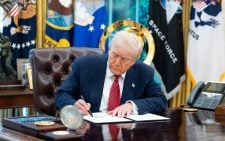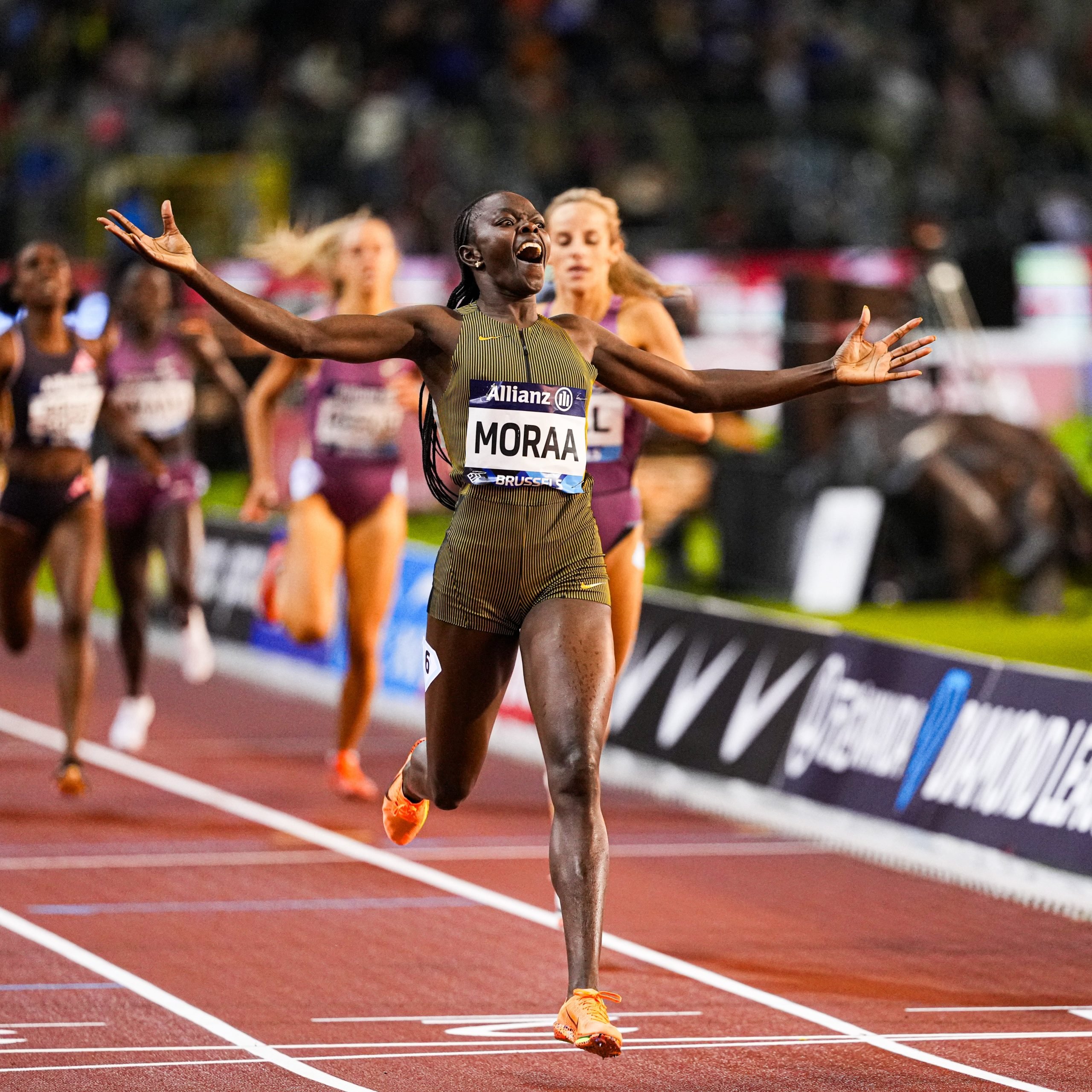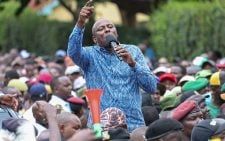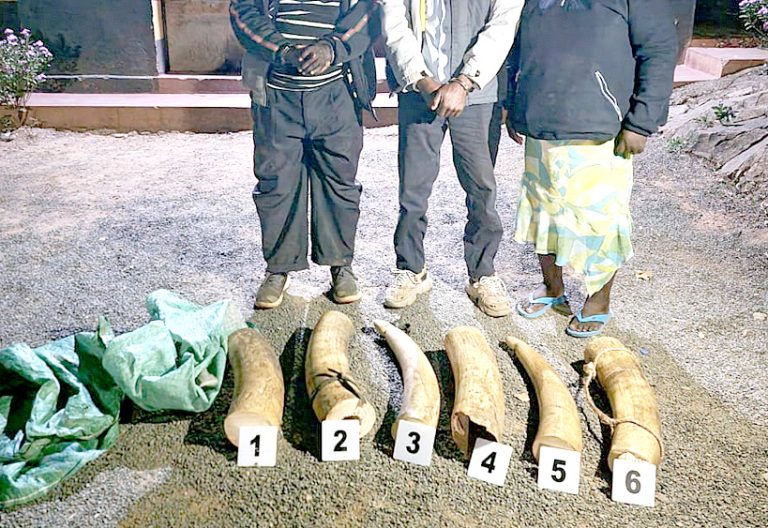Troubled by Trump’s tariffs, Volvo Cars’ new CEO turns to Chinese owner Geely
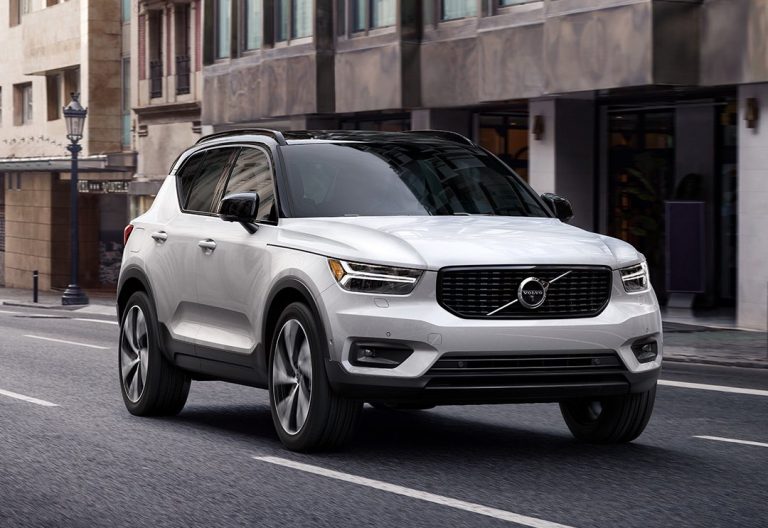
Under pressure from U.S. President Donald Trump’s tariffs, Volvo Cars’ opens new tab new CEO Hakan Samuelsson is juggling the task of working with Chinese majority owner Geely to cut costs with attempting to keep selling cars to U.S consumers.
European carmakers in general are increasingly struggling to balance the demands of divergent markets.
Despite tariffs, they are seeking to sell imported cars to U.S consumers, who favour hybrids and combustion-engine models. They also want to win over Chinese customers in the face of stiff competition from local auto makers who offer slick, more affordable EVs.
After Volvo Cars sacked former top executive Jim Rowan, Samuelsson, who headed the company for a decade until 2022, was unexpectedly again made CEO earlier this month, with the task of navigating today’s difficult times.
He told Reuters Volvo’s ability to work with Geely set it apart from others and was necessary to cut costs.
“Our work with Geely is a really unique opportunity that very few carmakers can do,” Samuelsson said.
Since taking the top job, Samuelsson has worked fast, replacing the company’s CFO last week and on Tuesday, he launched a cost-cutting action plan and a restructuring of the Swedish automaker’s U.S operations.
His willingness to work with Geely is a marked change from Rowan’s tenure when Volvo was the most independent brand within the Geely group.
Rowan halted investment in other Geely units, including reducing the company’s stake in Polestar and divesting its stake in Lynk and Co.
Volvo did not explicitly say why it was dismissing Rowan, but a statement at the time said the board believed the company was “best served by leadership with deep industrial experience”.
The appointment of Rowan, with a three-decade career in the consumer and technology sectors, was an unconventional choice. He had clashed with Geely Chairman Li Shufu, also known as Eric Li, according to two sources familiar with the matter.
One of the sources said Li viewed Rowan’s strategy as conflicting with his own as he sought to develop Volvo’s technologies rather than rely on Geely’s.
The second source said tensions between the executives had been evident early on, and Rowan was seen as overly focused on Volvo, rather than the wider group. The sources declined to be identified due to the sensitivity of the issue.
Volvo Cars and Geely had no comment regarding the CEO when contacted by Reuters.
Geely’s streamlining vision
The decisions on Tuesday, as well as Samuelsson’s comments in interviews and on a call to analysts, showed he is more open to possibilities in line with Geely’s vision of streamlining operations.
Samuelsson said other Geely brands such as Polestar may be able to use its upcoming factory in Slovakia, while Geely brands could possibly benefit from the Novo battery facility in Sweden if it can be brought into operation.
Those measures would bring Volvo back in line with Geely, which wants to sell more than 5 million cars annually by 2027, a jump of 53% or more over the 3.272 million units it sold globally in 2024.

